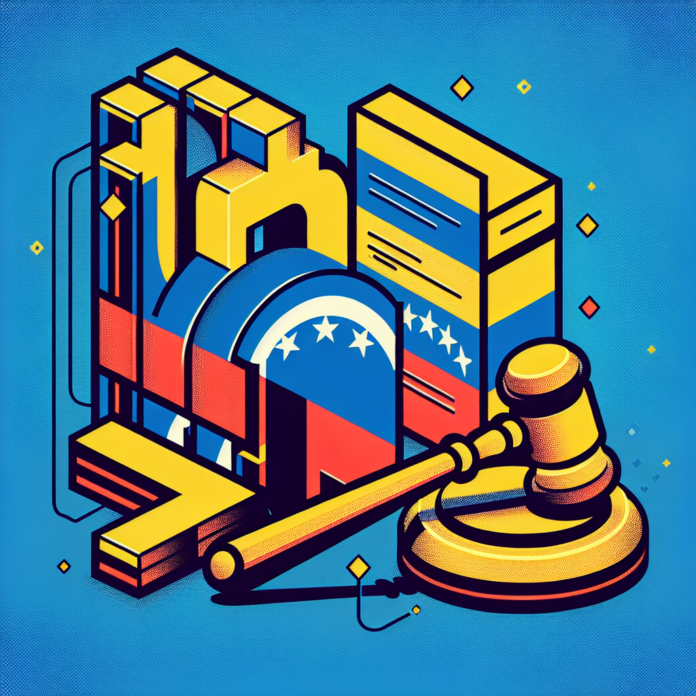Cryptocurrency Regulations in Venezuela
Coinfomania
Cryptocurrency Regulations in Venezuela
Venezuela has become a focal point in the global discussion surrounding cryptocurrency regulations, largely due to its unique economic and political landscape. The country’s hyperinflation, economic crisis, and government sanctions have led many Venezuelans to adopt cryptocurrencies as an alternative means of preserving wealth and conducting transactions.
The Rise of Cryptocurrencies in Venezuela
In recent years, the Venezuelan economy has faced severe challenges, with inflation rates reaching astronomical levels. As a result, many citizens have turned to cryptocurrencies like Bitcoin and Ethereum as a way to bypass the devaluation of the national currency, the Bolívar. The use of digital currencies has also provided a means for individuals to conduct international transactions without relying on traditional banking systems, which are often hindered by government controls and sanctions.
Government Response and Regulations
In response to the growing popularity of cryptocurrencies, the Venezuelan government has implemented various regulations. In 2018, the government launched its own cryptocurrency, the Petro, which is backed by the country’s oil reserves. The Petro was designed to circumvent U.S. sanctions and stabilize the economy. However, the adoption of the Petro has faced skepticism both domestically and internationally, with many questioning its viability and transparency.
Additionally, the government has sought to regulate cryptocurrency mining, which has become a popular activity in Venezuela due to its relatively low electricity costs. In 2021, the government announced a licensing system for miners, aiming to control and tax the cryptocurrency mining industry. This move is seen as an attempt to harness the economic potential of mining while exerting governmental oversight.
Challenges Facing Cryptocurrency Users
Despite the potential benefits of cryptocurrencies, users in Venezuela face several challenges. The lack of reliable internet access, frequent power outages, and government crackdowns on unregulated activities pose significant barriers to widespread adoption. Moreover, the legal status of cryptocurrencies remains ambiguous, with users risking penalties if they do not comply with government regulations.
Furthermore, the volatility of cryptocurrencies can be a double-edged sword. While they offer a hedge against local inflation, the rapid price fluctuations can lead to significant financial risks for individuals who invest their savings in digital currencies.
Future Outlook
Looking ahead, the future of cryptocurrency in Venezuela remains uncertain but intriguing. As the government continues to explore ways to regulate the sector, there could be opportunities for innovation and development within the crypto space. International interest in Venezuela’s situation may also lead to collaborative efforts to create a more stable and secure environment for cryptocurrency transactions.
In conclusion, while cryptocurrencies present a viable alternative for many Venezuelans facing economic hardship, the complex interplay between government regulation and user adoption will significantly shape the future landscape of digital currencies in the country. As the situation evolves, both local and international stakeholders will be watching closely to see how Venezuela navigates its unique challenges in the world of cryptocurrency.


